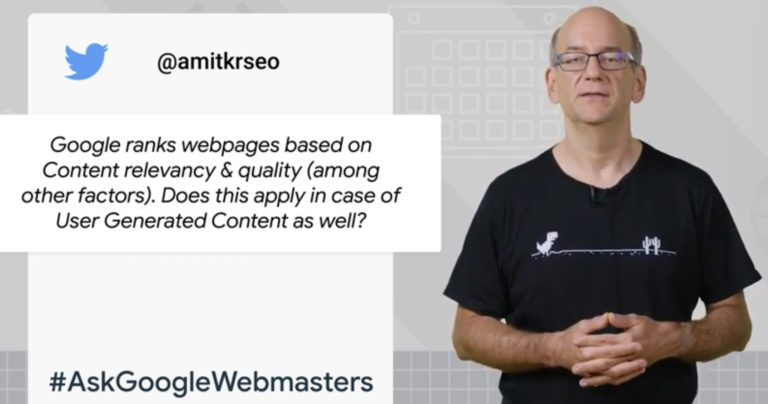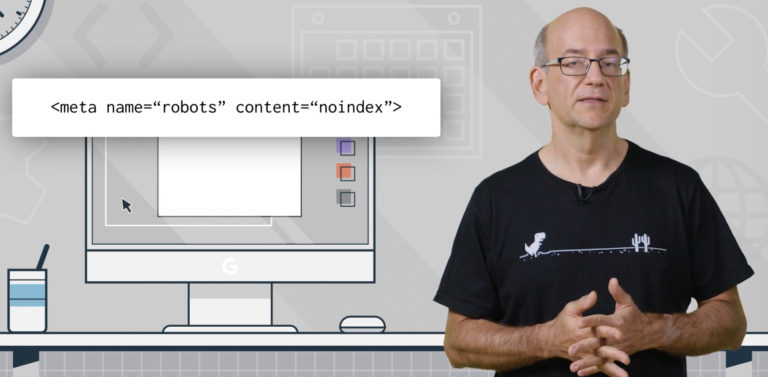18 May Google Doesn’t Treat User Generated Content Different From Main Content via @MattGSouthern
Google’s John Mueller recently explained, when it comes to rankings, there’s no difference between user generated content and main content.
As part of the Ask Google Webmasters video series on YouTube, Mueller answered the following question sent in by a site owner:
“Google ranks web pages based on content relevancy & quality (among other factors). Does this apply in case of User Generated Content as well?”


The response from Mueller can be read below.
Mueller’s Response
User generated content refers to anything added to a page by users after the page was originally published.
That can include anything from comments at the end of an article, to live discussions between users, to entire pages written by other users of the site.
There’s many different types of user generated content, and Google treats it all the same as content published by the original page author.
Mueller advises that user generated content on a site should live up to the site owner’s standards for their own content.
In other words: don’t allow just anything to be published by users.
Here’s the response in Mueller’s words:
“Overall, Google doesn’t differentiate between content you wrote and content your users wrote.
If you publish it on your site, we’ll see it as content that you want to have published. And that’s what we’ll use for ranking.
After all – it’s your website, right?
So, if you have a larger amount of user generated content, make sure it meets your standards for publishing content on your website.”
Moderating User Generated Content
Mueller goes on to suggest ways that sites can safely accept user generated content in a way that won’t impact rankings.
First, Mueller recommends blocking pages with user generated content from Google’s index until they’ve been through a quality check.
Here’s how Mueller recommends moderating UGC:
“A simple way to do this is to block those pages from being indexed by default, and to only allow them to be indexed if you’re happy with the quality.
For example, you could block them with a noindex robots meta tag, which you remove once you’re happy. Figuring out how much it takes for you to be happy with the content is up to you.
Some sites collect information on how happy other users are with the content, which might be useful for this.”


UGC Attribute For Links
Mueller wraps up the video by advising site owners to take precaution when it comes to user generated content that contains links.
Many sites that accept user generated content prohibit links altogether. For those that do allow links in UGC, Mueller reminds them to use the UGC link attribute.
“Finally, one thing to keep in mind with user generated content is that, by default, you probably can’t vouch for the links that were added.
For these, we have a way of telling us that these links are user generated content with the rel=“ugc” attribute.”
Alternatively, sites owners can ultimately accomplish the same thing by using the rel=“nofollow” attribute.
Google is still pushing for the adoption of link attributes it introduced last year.
See: Google Makes Big Change to Nofollow, Introduces 2 New Link Attributes
To hear Mueller discuss how Google treats user generated content, see the full video below:
Sorry, the comment form is closed at this time.